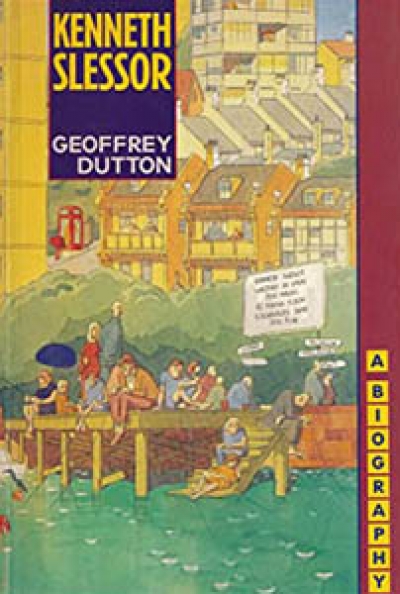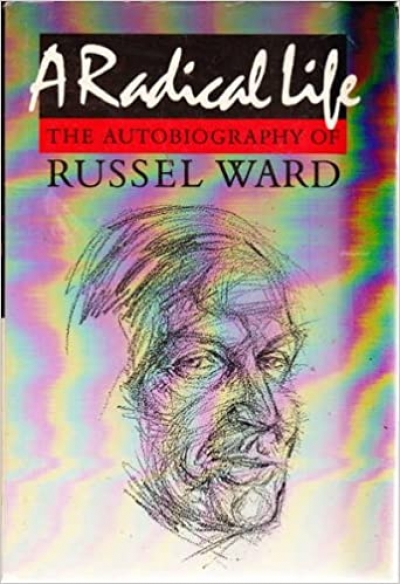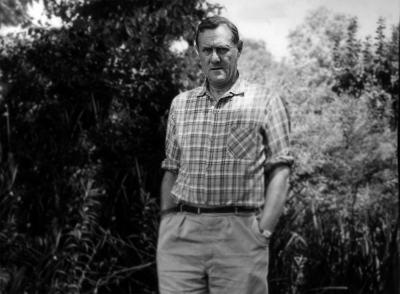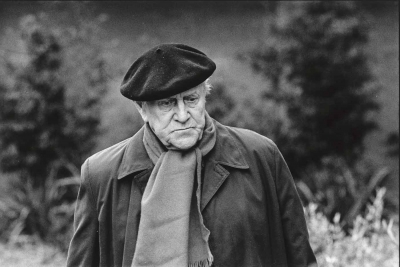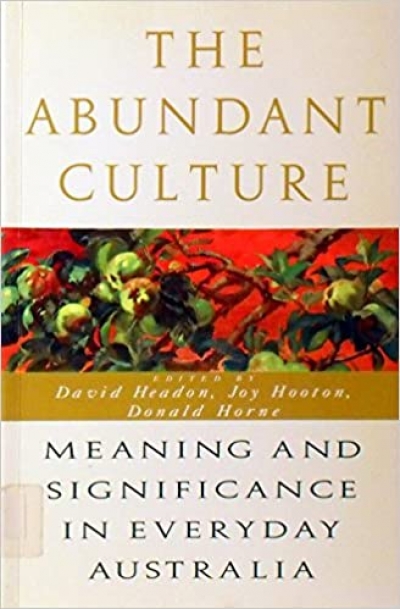Humphrey McQueen
Humphrey McQueen is a Canberra author and reviewer.
Rudyard Kipling could not understand why his cheque account was so much in credit. The answer was that the tradespeople in his village were selling his signature to autograph collectors for more than they would have received by presenting Kipling’s cheques to the bank.
Marcel Duchamp sent a cheque, drawn on an imaginary bank, to his dentist who did not accept that a work of art by Duchamp would ... (read more)
Dear Manning,
I’m writing you this letter for want of better ways of continuing the conversation we’ve been having for the past eight years, sustained by weekly letters while I was in Japan. We began to walk and talk in 1983 as you were preparing for heart surgery and I wasn’t coping with a broken heart. You wanted someone to walk with, and I needed company.
When you died at 4pm on a Thurs ... (read more)
Geoffrey Dutton will not concentrate. Information relevant to his subject reminds him of other titbits, as in this cascade of irrelevancies:
McKee Wright deserves the credit for having first published Slessor, and he published a remarkable number of women poets. However, some of his favourites amongst the latter might have been better left in obscurity. Marie E.J. Pitt, for example, in the issu ... (read more)
First up, best dressed is a warning for flatmates where the laggard must take comfort from the prospect that ‘An overcoat covers a multitude of sins’.
Like the overcoat, research can include a richness of distractions. Asked by her professor what she was doing, one graduate student answered ‘Research’. ‘That’s good’, returned the professor. ‘These days most people seem to be ... (read more)
What would you like to know? Doc Evatt’s on-the-spot explanation of why he wrote to Molotov? Archbishop Mannix’s response to Cardinal Spellman’s claim on the papacy? The particular pleasure derived from small boys by the headmaster of Geelong Grammar Junior School? How a knowledge of Urdu maintained the Hands off Indonesia blockade? What Malcolm Ellis said to Charles Currey when the lif ... (read more)
The way that books are presented has changed from the time when Patrick White’s Happy Valley first appeared in 1939. Humphrey McQueen charts the progress.
If before the 1890s, books had been judged by their dust jackets, most would have been considered uniformly dull, or indecently attired.
Dust jackets appeared first in 1833 to protect the recently introduced cloth casings as they made thei ... (read more)
I met Patrick White first in 1965. Reduced to 1.9s.6d, he was lying, in an American edition of Riders in the Chariot, on a sale table at Finney Isles department store in Brisbane.
So much has changed. Today, we would talk of remainders; the shop has been taken over by David Jones which has in turn been taken over by Adelaide Steamship which later bought up Grace Bros; prices are now given in doll ... (read more)
The way we organise our deaths offers insight into the meanings and significances we attribute to life. The sidelining of organised religion has allowed Australians to voice our own ideas about the muddles of existence through the choice of music for funerals. The regularity with which ‘I did it my way’ is heard at wakes is a reminder of how much more pertinent that song is for individuality t ... (read more)

